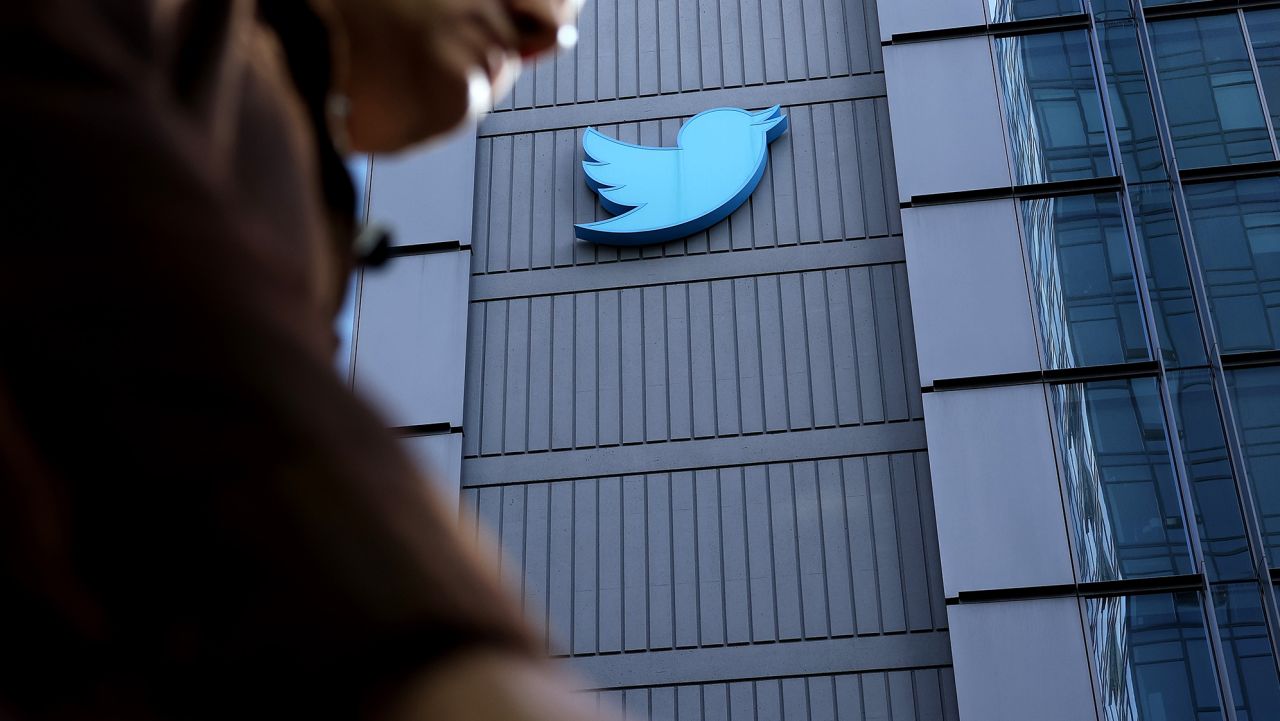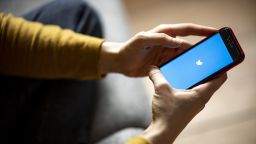Elon Musk’s Twitter on Thursday began a purge of blue verification check marks from users who have not signed up for its subscription service, with the checks disappearing from the accounts of journalists, academics and celebrities.
The blue checks even disappeared from the accounts of some of the most well-known and widely followed people on the social network, including Kim Kardashian, Beyonce, Bill Gates, Pope Francis, former president Donald Trump and Twitter founder Jack Dorsey.
Some government agencies — including the official account for US Citizenship and Immigration Services and accounts for some state Customs and Border Patrol offices — also lost their blue checks, which weren’t immediately replaced by the gray checks Twitter has designated for government accounts.
The initial rollout of the change appeared to be fairly glitchy, as blue checks disappeared and reappeared on some accounts. Some other high-profile legacy verified accounts also didn’t seem to lose their checks, at least at first.
On Thursday, Musk responded to a tweet that cited an article by The Verge reporting that basketball player Lebron James didn’t pay for a Twitter checkmark — but still received one. Musk said that he is “paying for a few” Twitter Blue subscriptions “personally.”
The change — and its confusing rollout — threatens to create an even greater risk of impersonation of high-profile users and confusion over the veracity of information on the platform.
“Though we have lost our checkmark, this is the official USCIS twitter account,” the government agency wrote in a tweet on Thursday. “Please beware of imposter accounts.”
The move could also discourage some high-profile users at risk of being imitated on the site from using the platform. Immediately following the disappearance of legacy blue checks, some users began tweeting that they planned to leave the site.
Twitter had previously said it would “begin winding down” blue checks granted under its old verification system — which emphasized protecting high-profile users at risk of impersonation — on April 1. In order to stay verified, Musk said, users would have to pay $8 per month to join the platform’s Twitter Blue subscription service, which has allowed accounts to pay for verification since December.
Instead, Twitter removed the check mark from a single account from The New York Times, a publication Musk has repeatedly criticized, and changed the language on its site in a way that obscures why users are verified.
Last week, Musk tweeted that the “final date for removing legacy Blue checks is 4/20,” a date with special resonance to the billionaire entrepreneur given its meaning to marijuana enthusiasts.
The decision to move forward with the change is just the latest example of Musk’s Twitter upending the experience for users — and in this case, not just any users, but many of the most high-profile accounts that have long been a key selling point for the platform.
Prominent users such as actor William Shatner and anti-bullying activist Monica Lewinsky have previously pushed back against the idea that, as power users that draw attention to the site, they should have to pay for a feature that keeps them safe from impersonation. On Thursday, before the check marks disappeared, Lewinsky implied in a tweet that she would also leave the platform following the change.
Musk, for his part, has previously presented changes to Twitter’s verification system as a way of “treating everyone equally.”
“There shouldn’t be a different standard for celebrities,” he said in an earlier tweet. The paid feature could also drive revenue, which could help Musk, who is on the hook for significant debt after buying Twitter for $44 billion.
Musk has also suggested that requiring uses to pay for verification could help eliminate spam and scam accounts after repeatedly complaining about the number of bots on the platform. However, experts in online inauthentic behavior have said the plan is unlikely to deter bad actors, who could just as easily pay to be verified.
“In fact, this is making Twitter a pay-for-play system, and we know that propagandists, people working to spread disinformation and other forms of manipulation via Twitter, are very much willing and able to finance their operations,” Samuel Woolley, assistant professor at the University of Texas’ School of Information and author of the book “Bots,” told CNN in November.
“Most of the propagandists that social media companies are most worried about, like the Russian government, the Chinese government, extremist groups, have a lot of resources,” he said.






